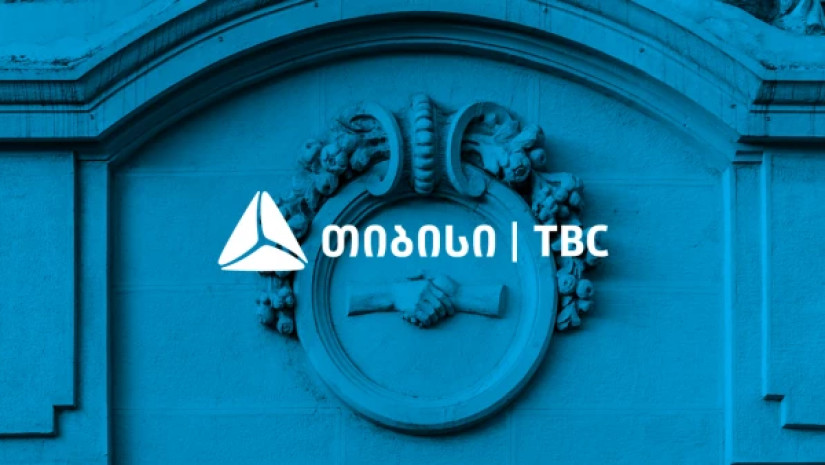The Fast-Moving Consumer Goods (FMCG) sector in Georgia is developing rapidly. Over the last four years, total FMCG retail revenue has grown at a 5.8% CAGR and reached GEL 7.8 bn in 2017. Looking at the latest market development trend, total FMCG retail grew by 10% y-o-y in 2017. Revenue for the organized market grew 32% y-o-y to GEL 1.3 bn in 2017. On the other hand, unorganized market amounted to GEL 6.5 bn, displaying growth of 7% in the same period.
TBC Capital Research projects 6% annual growth in total FMCG retail revenues over the next 6 years to GEL 11 bn by 2023. While organized FMCG market penetration is 16% currently, the lion’s share (84%) still goes to the unorganized sector, giving a huge upside potential to the organized market. We expect organized FMCG retail to grow its current market share to 30% by 2023, reaching GEL 3.4 bn, driven by substitution of the unorganized market.
The organized market players account for nearly 43% of all domestic FMCG expenditures in Tbilisi, compared with just 3% in less urbanized regions. Even with relatively developed retail footprint in the capital, still there is an untapped potential for organized FMCG players. In addition, the regions represent an opportunity for organized market given the lower penetration and the growth of tourist spending.
The Georgian FMCG retailers have room to boost current EBITDA margin of 4.8% by increasing scale, improving efficiency and strengthening bargaining power. The selected organized FMCG players had an average sales/sqm of GEL 11,047, 6% and 27% higher than the average sales/sqm for selected FMCG retailers in Russia and Turkey, respectively. The Georgian retailers reported a ROCE of 17.5%, higher than in neighboring countries, the UK, and the EU. The organized FMCG market’s high ROCE paired with the sector’s growth potential could highlight investment opportunities in the Georgian FMCG sector.
Top 4 players of Georgian organized FMCG market reported total sales of GEL 930 mln in 2017, representing over 70% of organized market sales. Carrefour is leading with 29% of organized FMCG market, followed by Nikora Trade with 21%, while Ori Nabiji and SPAR hold 13% and 10%, respectively.
Whilst selected FMCG retailers consider macroeconomic stability to be a sensitive factor, the sector proved to be one of the most resistant to past economic slowdowns. During Georgia’s economic downturn in 2009, GDP shrank 6% y-o-y while consumption expenditures fell just 2% y-o-y. We expect the macroeconomic environment in Georgia to remain stable, supporting further growth of FMCG revenues.
Key international trends in the FMCG sector include e-commerce, private label production, Fintech, discount stores and recycling plastic waste. Those trends represent opportunities that could help retailers build scale, improve operating margins, boost sales and increase customer satisfaction.
Source: TBC Research











